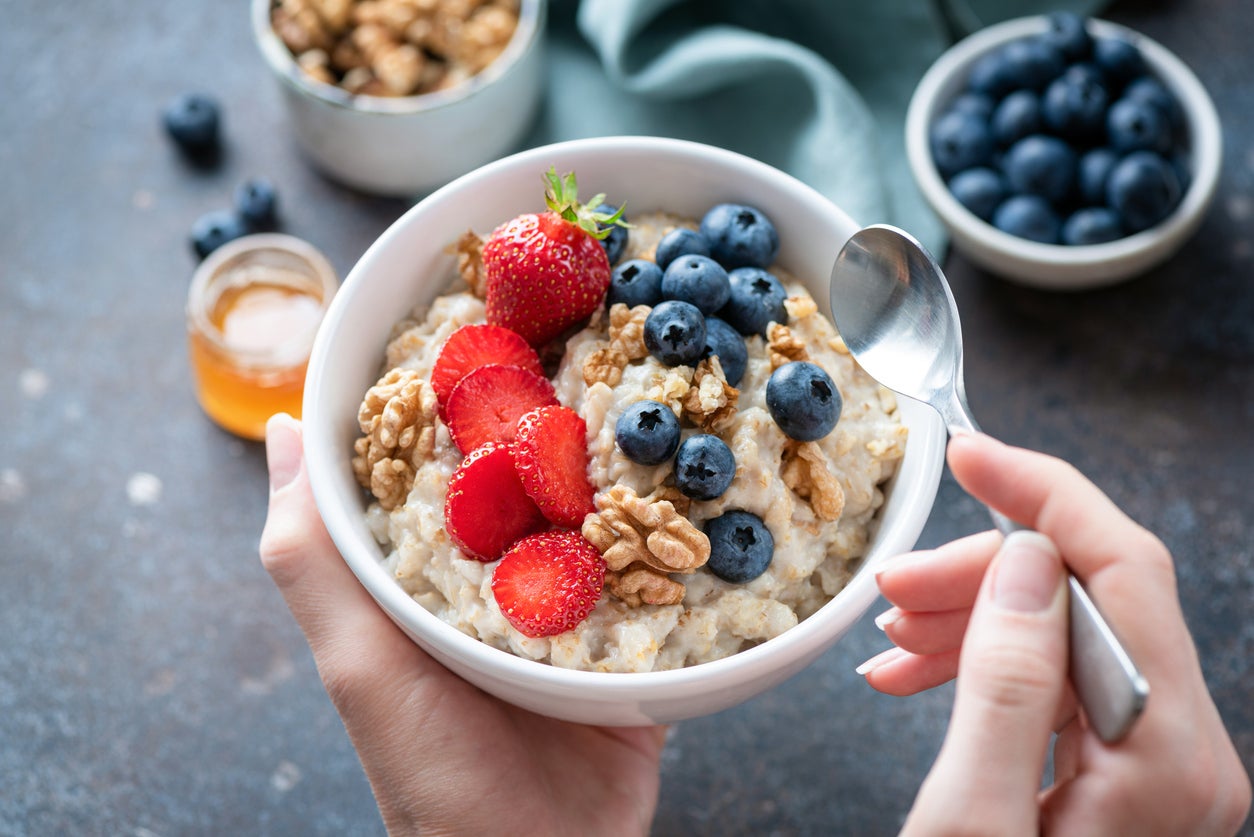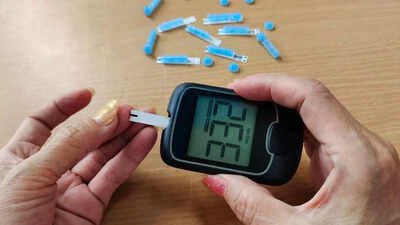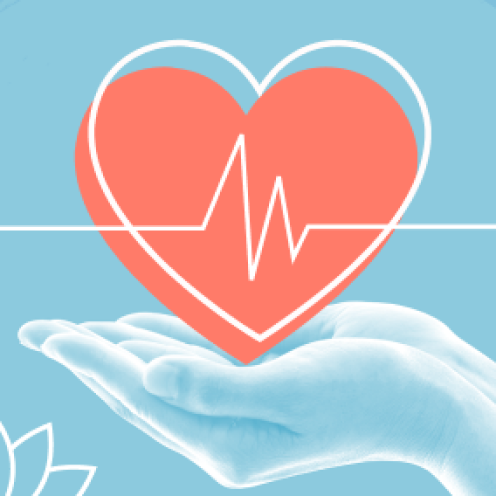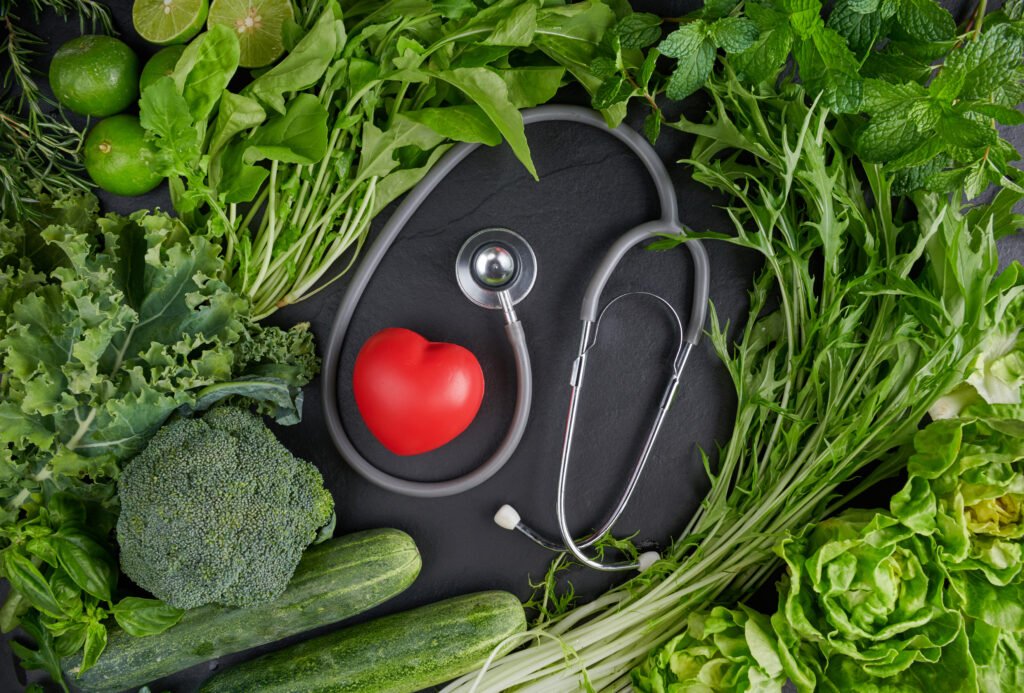Breakfast really is the most important meal of the day – and skipping it could lead to an early death.
That’s according to one study involving 3,000 UK adults that found for every hour breakfast was delayed, the risk of death rose by 10 per cent.
Another study of more than 6,500 people, published in the Journal of the American College of Cardiology also found people who never ate breakfast had a 75 per cent higher risk of an early death from cardiovascular disease.
But these claims could be an “oversimplification of the science” according to Rob Hobson, a registered nutritionist, who stressed skipping breakfast isn’t inherently dangerous.
“How it affects health depends on your overall diet, lifestyle, and individual response. Some people genuinely feel fine fasting until lunch, while for other people missing breakfast could set the day up poorly,” Mr Hobson told the Independent.
So, why is skipping breakfast a potentially unhealthy choice to make?

Missing out on key nutrients
Skipping breakfast could mean missing out on vital nutrients, such as fibre and protein, which are easy to get from yoghurt, eggs and fruit.
Large population studies consistently show that breakfast eaters tend to have higher daily intakes of fibre, protein, vitamins, and minerals, Mr Hobson explained.
“Breakfast is often when people eat foods like oats, fruit, milk or yogurt, eggs, and wholegrain toast all of which are rich in fibre, calcium, B vitamins, and protein,” Mr Hobson said.
If you skip breakfast, it’s important to make sure to add plenty of calcium and protein into your lunch and dinner. This is important for fibre, which is closely linked to better gut health, cholesterol regulation, and blood sugar control.
“Skipping it can mean you miss those nutrients, which can affect appetite control and overall diet quality later in the day. If you prefer to delay your first meal, it’s important to make sure you’re still getting enough fibre and protein across the rest of the day,” Kim Pearson, a nutritionist specialising in weight loss told the Independent.

It won’t help you lose weight
Many will be tempted to cut calories by not eating breakfast, but nutritionists say it’s not always that simple when it comes to weight loss.
In fact, skipping a morning meal could just lead to over compensating later in the day – often on unhealthy snacks.
“Studies show that people those who skip breakfast are more likely to overeat later in the day or make poorer food choices in the evening, especially if their motivation is weight loss. Over time, this pattern can make it harder to regulate calorie intake and body weight,” Mr Hobson said.
Ms Pearson explains skipping breakfast does not align with our biology and the time of day that our digestive system and our hormones are primed to receive food.
“Morning and early-day eating aligns with a time of peak insulin sensitivity, optimal digestion and higher natural release of satiety hormones like GLP-1. On the other hand, eating later at night is associated with reduced GLP-1 secretion and higher ghrelin (hunger hormone) levels,” she said.
Breakfast skippers have higher blood pressure
Skipping any meal could change your blood sugar and blood pressure levels, nutritionists warn.
Not eating for a prolonged period of time causes blood sugar levels to drop, which can trigger a stress response. To help raise blood sugar levels the body releases the hormones adrenaline and cortisol – these can temporarily increase heart rate and constrict blood vessels, which may raise blood pressure, Ms Pearson explained.
But it can also have the opposite effect and cause dizziness or fainting for those who are prone to low blood pressure or who are on blood pressure medication.
“Regular, balanced meals that provide protein, fibre and healthy fats help keep both blood sugar and blood pressure more stable throughout the day,” Ms Pearson added.
Although observational studies have found that people who regularly skip breakfast have higher blood pressure and an increased risk of cardiovascular disease, that doesn’t mean skipping breakfast directly causes these issues in the long term, Mr Hobson warns.
“It may simply be that breakfast skippers tend to have other less healthy lifestyle habits, like smoking, poor diet quality, or irregular eating patterns,” he said.








